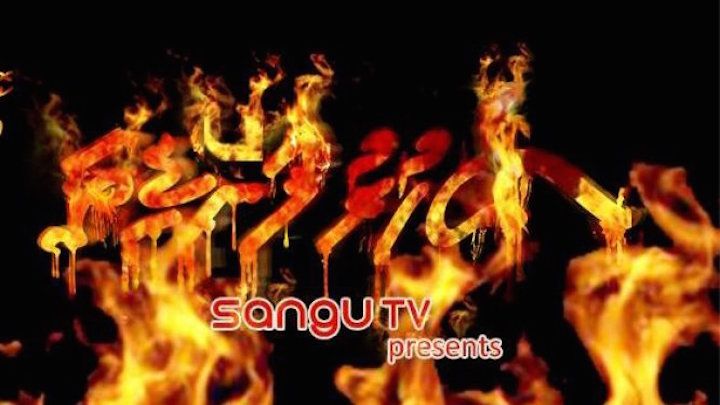Islamic ministry orders TV station to stop programme on sorcery
In a letter sent to Sangu TV, the ministry noted that the Fiqh academy had issued a fatwa advising the media not to broadcast programmes that encourage the practice of sorcery as it a grave sin prohibited in Islam. The academy had warned that such programmes could “lead the public astray from the clear path of Islam.”

16 Dec 2015, 09:00
The Islamic ministry has ordered the privately-owned Sangu TV to stop a weekly programme on sorcery and black magic, saying it poses a threat to religious unity and societal harmony.
In a letter sent to Sangu TV earlier this week, the ministry noted that the Fiqh academy had issued a fatwa advising the media not to broadcast programmes that encourage the practice of sorcery as it a grave sin prohibited in Islam. The academy had warned that such programmes could “lead the public astray from the clear path of Islam.”
“Therefore, as it has been noted that the information and background visuals in your ‘Sorcery and magic’ programme are brought in a way that affects social harmony and religious unity, we instruct you to stop showing this programme,” reads the letter.
Ibrahim Waheed ‘Asward,’ Sangu TV’s managing director, told The Maldives Independent today that the purpose of the programme is to create awareness about black magic and to discourage its practice.
Become a member
Get full access to our archive and personalise your experience.
Already a member?
Discussion
No comments yet. Be the first to share your thoughts!
No comments yet. Be the first to join the conversation!
Join the Conversation
Sign in to share your thoughts under an alias and take part in the discussion. Independent journalism thrives on open, respectful debate — your voice matters.




